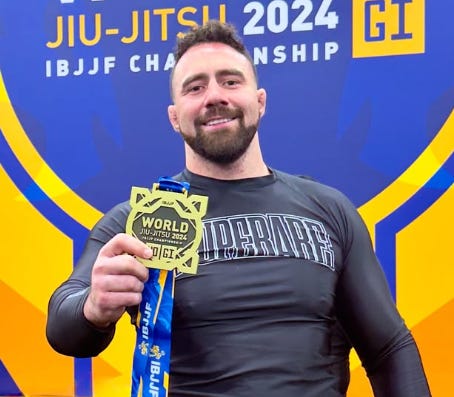Learning a completely different language starting from scratch is, I believe, one of the most difficult challenges in life. My parents were immigrants who came to America, and they had one sole goal to achieve—and that was to raise me in the land of opportunity. My parents had a hard upbringing but became their own success stories, as they had a big family that all helped raise each other. Back then, the Philippines was far from as westernized as it is now, and although you may visualize the upgrade in its economy, tourism, and culture, English is currently considered the secondary language next to its main native tongue, which is Tagalog. In relation, Renato Tagliari had a similar experience, as English was not his main language. English, from what I’ve heard from other native speakers, is one of the, if not the, hardest languages to learn. It’s almost required in every country because of its economy, global business, tourism, and the crossovers, as it mixes into other languages and word plays. For example, “Spanglish”—Spanish, but with some English words inserted. This reminded me of the conversation Renato and I had about his transition and move to America from Brazil to learn English.
In one segment of the podcast, he talked about one particular incident of a language barrier, miscommunication, and misunderstanding. Just to give some added background, Renato is a personal fitness trainer. As he was conversing with another person while in the process of learning English, he once trained a client and told her to put the weights she was using back in their place after use. She made the excuse of not being able to put them back because she was late and in a hurry. He said, “Hell no!”—intended as a playful joke—but it was taken seriously by the person who supposedly didn’t have 30 seconds to ethically put her weights back. She then proceeded to say, “Are you talking back to me?” What Renato meant, as he told me on the podcast, was that he was just trying to pick up and imitate the energy of the conversation. In other words, he was using the slang she was using as a learning mechanism to pick up on the subtle aspects of that English-speaking style. It makes it that much more difficult because there are so many different speaking contexts and ways they are delivered in the English language. There’s the context of analogies, aphorisms, satires, witty banter—just to name a few. Renato was simply trying to learn and pick up on the other person’s language cues with no harmful intent. Neither party was wrong; it was simply a language barrier.
Here’s a quick, fun fact: John Cena, who is world-renowned not only in WWE but now as an actor in various famous movies, learned Taiwanese in order to cater to and promote his movies in China’s enormous cinema market. Vince McMahon had him learn one of the hardest languages because he knew how powerful being an effective communicator is. Growing up, since I was raised in America but had ethnic parents who spoke broken English, it was easier for me to learn because I had a starting point. I didn’t come from another country where I knew nothing about speaking the English language. I couldn’t imagine how hard it is for someone who had to learn it from the ground up. Yes, it’s a skill like anything else, but in my eyes, it’s one of the most difficult. Even the new generation nowadays has created slang terms that, at times, I don’t even understand—terms I had to pick up on at first, like “fire” or “lit.” This shows that we must be self-aware and more accustomed to learning other cultures, so we can be empathetic to just how hard it is to learn a completely different language from scratch—like a kid trying to tie their shoes or a baby learning to walk again.


